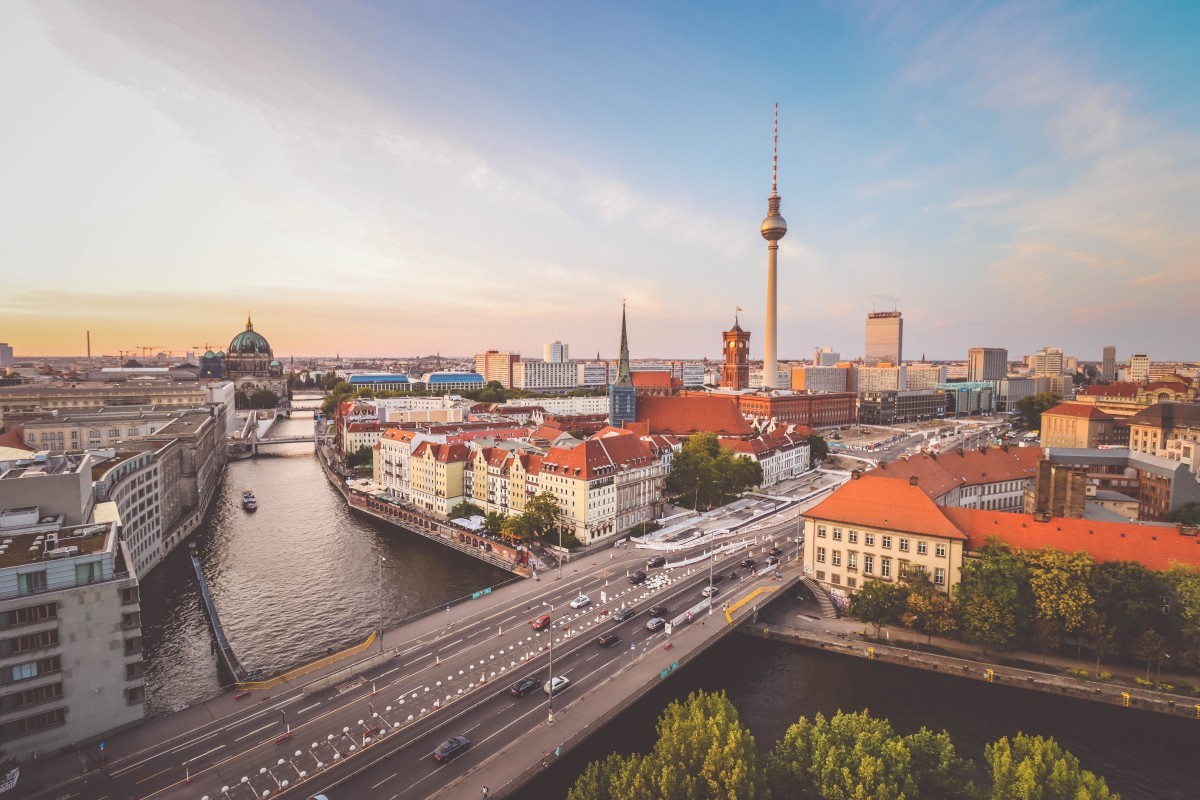
Holiday home rentals soared in many cities with the arrival of Airbnb more than a decade ago. It has now reached a point where it seems too difficult to regulate the sector, and no city has found the right 'formula'. Barcelona, London, Berlin and Copenhagen have already implemented regulations to avoid chaos in the most popular neighbourhoods and areas but many owners try to flout the rules, which makes compliance a challenge.
To prevent a large number of properties from being used for the tourist market, several city governments have put in place "blocking" regulations. This is the case in Dallas, which has banned holiday homes in certain residential neighbourhoods; Barcelona, which has banned all short-term room rentals in private homes; or San Francisco and Seattle, which have limited the number of properties a host can own, as Bloomberg explains. Other cities, like Paris and London, have limited the number of nights properties can be rented per year.
These measures aim to prevent residents from being "driven out" of city centres and properties being removed from the rental market in the long term.
The challenge of regulating holiday rentals
In Berlin, for example, authorities recently eased regulations that had proved impossible to enforce. In this case, in 2016, the city banned short-term rentals in flats, but not individual rooms, hoping to bring properties back into the long-term rental market and ease the German capital's housing crisis. However, Airbnb and other rival sites refused to share data on individual hosts, making it impossible to know who was breaking the law, causing the courts to side with the companies on several occasions.
Meanwhile, according to Bloomberg, Barcelona is one of the European cities that invests the most resources in regulating holiday rental platforms. It is the only major city in Europe that prohibits, for example, the renting out of individual rooms, and a licensing system put in place in 2011 forces companies to display licence numbers on all listings.
Despite this, the city still struggles to control the market. Inside Airbnb estimates that 30% of the 15,655 Airbnb properties registered in Barcelona at the end of June were illegal, having been listed with false licence numbers. A further 25% of hosts claimed to be exempt from licensing requirements, although Airbnb does not require proof.
Finally, in London, there are reports of hosts sharing a property across different platforms. They create multiple listings for the same property and change the description or use photographs from different angles. It is also common for the flat to be advertised in two locations, saying, for example, that a property is in Westminster when it is actually in Camden.
Article seen in (Bloomberg)
Airbnb Hosts Try to Evade City Regulations, From Copenhagen to Catalonia